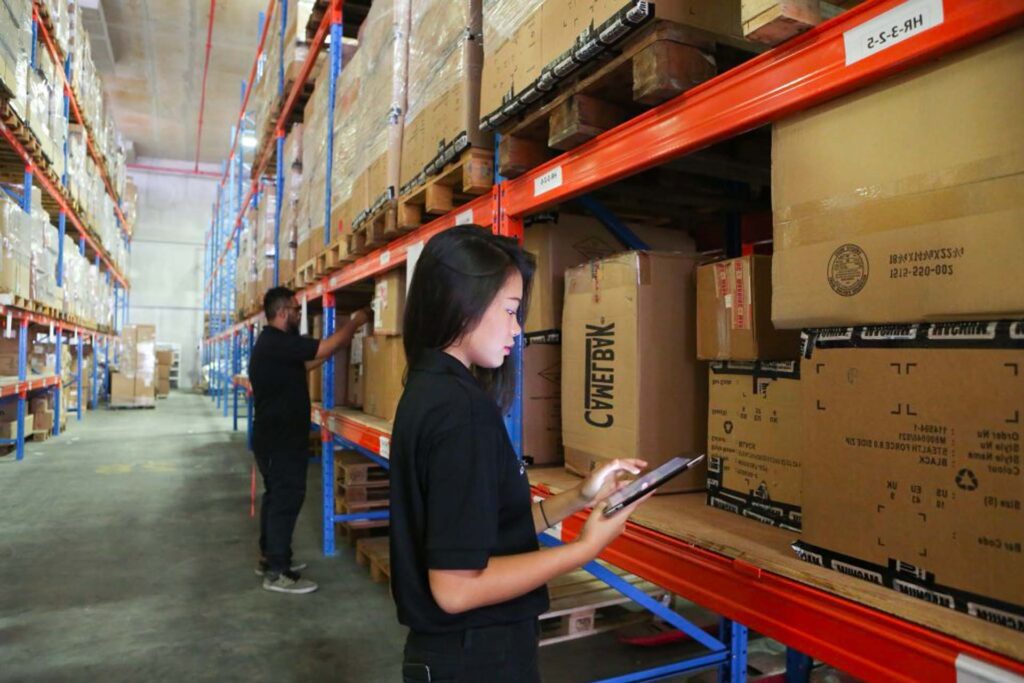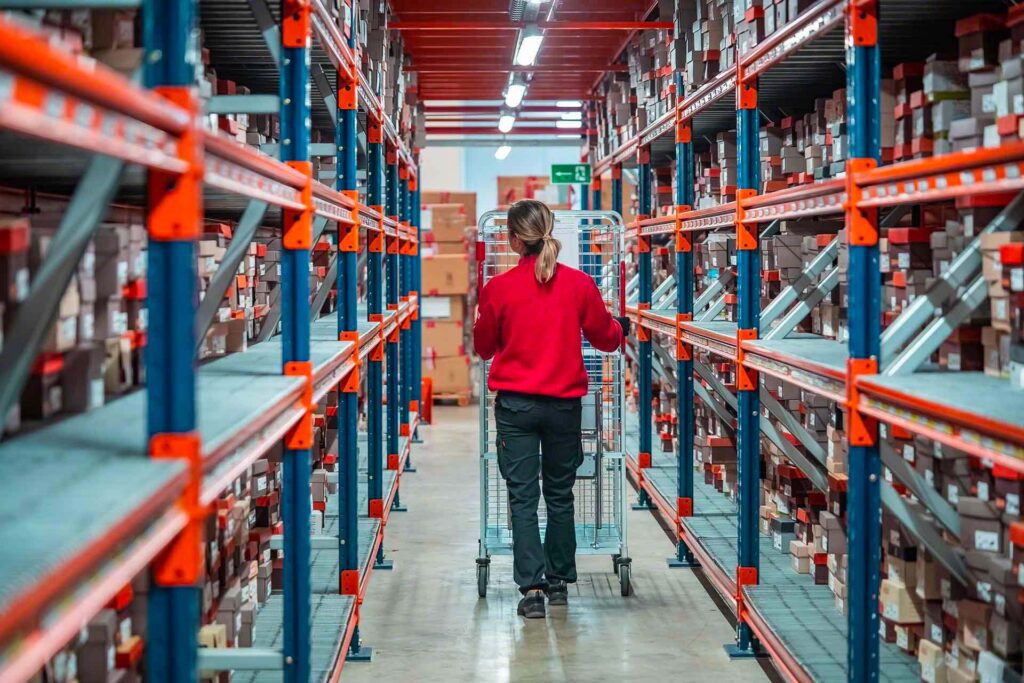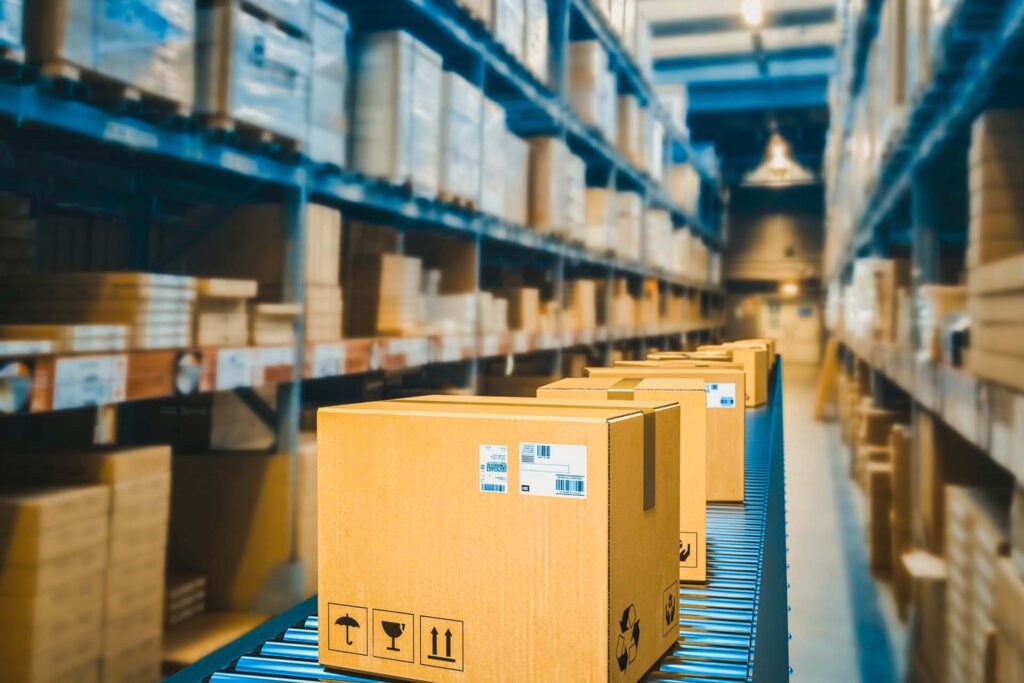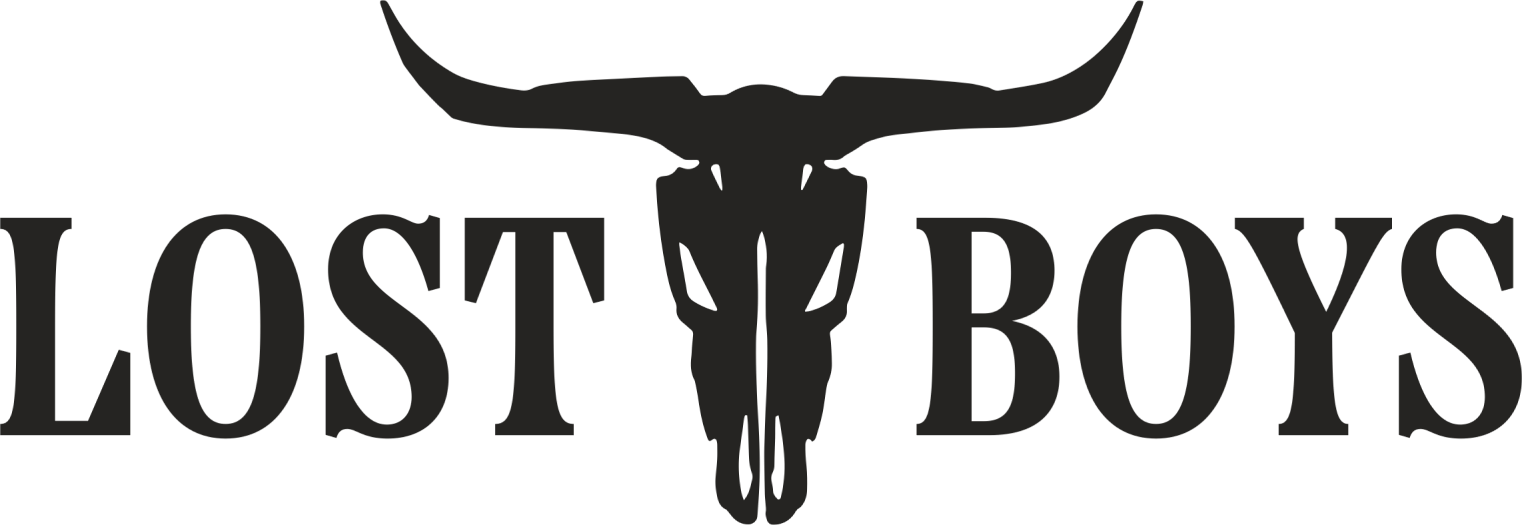Understanding Ecommerce Fulfillment
Ecommerce fulfillment is a crucial aspect of any online business. It encompasses the entire process from the moment a customer places an order to the point where they receive their purchase. This includes inventory management, product location within storage facilities, packaging, and the logistics of delivery. The efficiency of this process significantly impacts customer satisfaction, brand loyalty, and ultimately, business growth.
The Role of a Third-Party Logistics (3PL) Provider
A third-party logistics (3PL) provider, also known as a fulfillment company, plays a vital role in the ecommerce supply chain. They handle various logistics operations, allowing ecommerce businesses to focus on other aspects like product development, marketing, and customer service.
Receiving and Warehousing
When products are manufactured, they need to be stored safely until they’re sold. This is where the 3PL’s role begins. They receive the products from the manufacturers, inspect them for damage, and store them in a warehouse. The warehousing process involves organizing the products in a way that makes it easy to locate and retrieve them when an order is placed.

Inventory Management
A key responsibility of a 3PL provider is inventory management. This involves keeping track of the quantity and location of every product in the warehouse. They update the inventory levels in real-time as products are sold and restocked. This helps prevent stockouts and overselling, ensuring a smooth shopping experience for customers.
Picking and Packing
Once an order is placed, the 3PL provider retrieves (or “picks”) the ordered items from the warehouse. They then pack the items securely to prevent damage during transit. The packing process may also involve adding promotional materials or personalized notes, depending on the ecommerce business’s preferences.
Shipping and Returns Management
The 3PL provider handles the shipping process, which includes selecting a reliable carrier, printing shipping labels, and sending out the packages. They also manage returns, inspecting returned items for damage and restocking them.
The Importance of Choosing the Right Fulfillment Service
Selecting an appropriate fulfillment service is not merely about cost-effectiveness. It involves finding a service that aligns with your business needs and enhances your operational efficiency. Factors to consider include the company’s experience in your industry, the technological solutions they offer, their ability to integrate with your existing systems, and the availability of real-time analytics for informed decision-making.

Top Ecommerce Fulfillment Services
There are numerous ecommerce fulfillment services available, each with its unique strengths and offerings. Here are some of the top players in the industry:
- Shopify Fulfillment Network: Ideal for small businesses with a Shopify store, Shopify’s fulfillment network offers affordable two-day shipping, custom packing slips, and seamless inventory management. They do not charge any upfront fees for the first six months, making it a cost-effective choice for startups.
- Lost Boys: Lost Boys is a great option primarily for apparel brands that ship within the United States. They guarantee a 100% next-day ship rate and offer return management services.
- Fulfillment by Amazon (FBA): For brands that predominantly sell on Amazon, FBA is a convenient option. It offers 24/7 customer support, an inventory performance dashboard, and return management.
- ShipBob: Available in the Shopify app store, ShipBob works with both DTC and B2B companies. It offers omnifulfillment, customizable shipping materials, and wholesale order fulfillment.
- Red Stag Fulfillment: Red Stag offers a 30-day free trial and boasts a 100% customer order accuracy. It integrates with online shopping carts tools like Shopify and offers warehouse and inventory monitoring.
- ShipHero Fulfillment: ShipHero offers seven different warehouses across the US and Canada. It includes features like inventory and warehouse management, in-package snapshots, and posthero integration.
- ShipMonk: The only fulfillment solution on our list with warehouses in Europe, ShipMonk is a great solution for European-based ecommerce brands as well as brands looking for international shipping. It offers over 100 integrations and transparent billing and reports.
Making the Right Choice for Your Business
Choosing the right fulfillment services provider is a strategic decision that can significantly impact your business operations. It’s about finding a company that understands your industry’s nuances, can integrate smoothly with your tech stack, provides real-time analytics for informed decision-making, and fits within your budget. Remember, a cheaper service might not necessarily be the best fit for your business.

In conclusion, partnering with a third-party logistics (3PL) provider can significantly streamline your ecommerce operations and allow you to focus on your core business functions. By entrusting the intricate processes of receiving, warehousing, inventory management, picking, packing, and shipping to a 3PL, you can ensure that your orders are handled professionally and efficiently. This not only enhances the customer experience but also improves your brand’s reputation for reliability and prompt service.
Moreover, a 3PL provider’s expertise in logistics can help you navigate the complexities of supply chain management, including handling returns and managing inventory levels. They can provide valuable insights and real-time data that can inform your business decisions and strategies. By leveraging the services of a 3PL, you can scale your business operations, reach a wider customer base, and ultimately drive growth and profitability. Therefore, investing in a 3PL provider is a strategic move that can yield substantial benefits for your ecommerce business.



